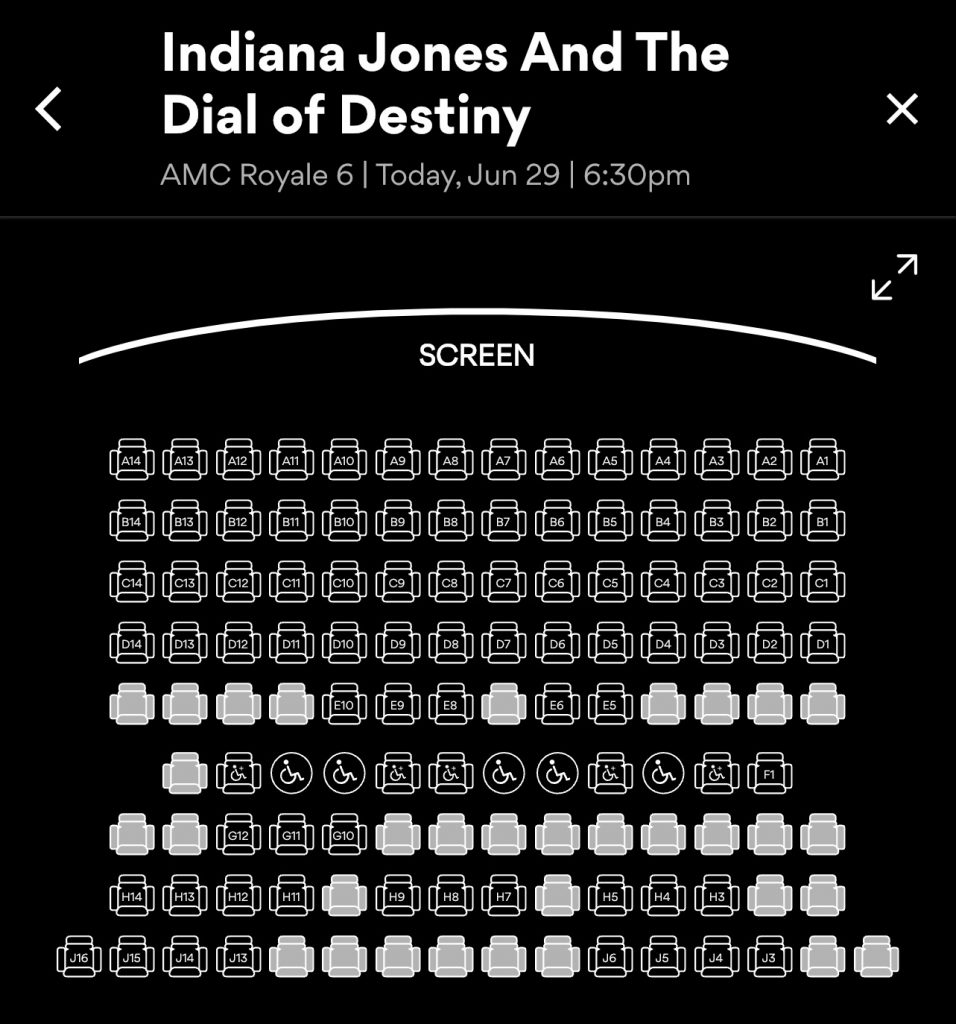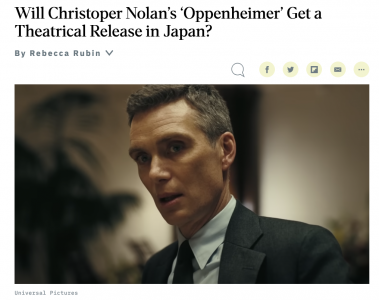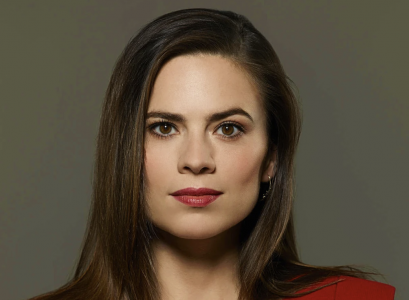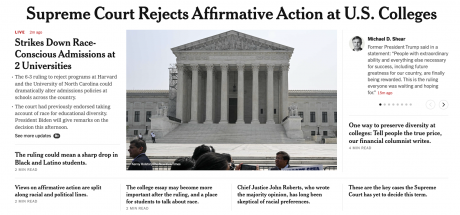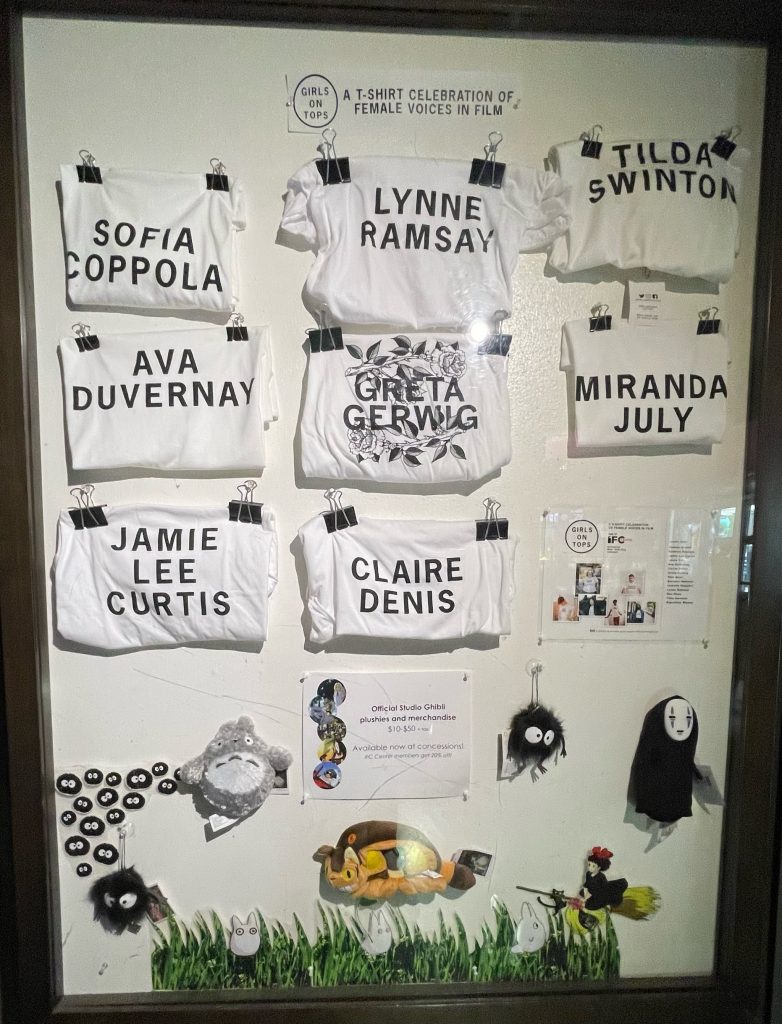In a 6.28 letter, the Academy of Motion Pictures Arts & Sciences has announced it is inviting 398 artists and executives to join. Below are the actors who’ve been invited.
If you subscribe to the view that invitations should be based upon the value and importance that artists bring to the Academy and not flash-in-the-pan topicality, HE has boldfaced the invitees who seem to really and truly deserve the honor.
Everyone knows Brooke Smith, right? First-rate character actress — Silence of the Lambs, Random Hearts, Melinda and Melinda, In Her Shoes. Her name was recently forwarded to the Academy for membership, but they zotzed her.
Friendo: “Smith is representative of what the Academy used to be. She’s just a reliable, hard-working character actress. Whatever the Academy is now, it’s lost or sacrificed that expert class prestige it used to have. And maybe they think that ethnic criteria makes it more modern and fresh and maybe it does…who knows?”
Zar Amir-Ebrahimi – “Holy Spider,” “Bride Price vs. Democracy”
Sakura Ando – “A Man,” “Shoplifters”
Selma Blair – “Hellboy,” “Legally Blonde”
Marsha Stephanie Blake – “I’m Your Woman,” “Luce”
Austin Butler – “Elvis,” “Once upon a Time…in Hollywood”
Raúl Castillo – “Cha Cha Real Smooth,” “The Inspection”
Chang Chen – “The Soul,” “Crouching Tiger, Hidden Dragon”
Ram Charan – “RRR,” “Magadheera”
Kerry Condon – “The Banshees of Inisherin,” “Gold”
Robert John Davi – “Licence to Kill,” “The Goonies”
Dolly De Leon – “Triangle of Sadness,” “Verdict”
Martina Gedeck – “The Lives of Others,” “Mostly Martha”
Bill Hader – “Trainwreck,” “The Skeleton Twins”
Nicholas Hoult – “The Favourite,” “Mad Max: Fury Road”
Stephanie Hsu – “Everything Everywhere All at Once,” “Shang-Chi and the Legend of the Ten Rings”
Tin Lok Koo – “A Witness out of the Blue,” “Paradox”
Vicky Krieps – “Corsage,” “Phantom Thread”
Joanna Kulig – “Cold War,” “Elles”
Lashana Lynch – “The Woman King,” “No Time to Die”
A Martinez – “Ambulance,” “Powwow Highway”
Noémie Merlant – “Tár,” “Portrait of a Lady on Fire”
Paul Mescal – “Aftersun,” “The Lost Daughter”
Richard Mofe-Damijo – “Oloibiri,” “30 Days in Atlanta”
Keke Palmer – “Nope,” “Hustlers”
Park Hae-il – “Decision to Leave,” “Memories of Murder”
Ke Huy Quan – “Everything Everywhere All at Once,” “Indiana Jones and the Temple of Doom”
NT Rama Rao Jr. – “RRR,” “Nannaku Prematho”
Paul Reiser – “Whiplash,” “Aliens”
Rosa Salazar – “Alita: Battle Angel,” “The Kindergarten Teacher”
Read more



